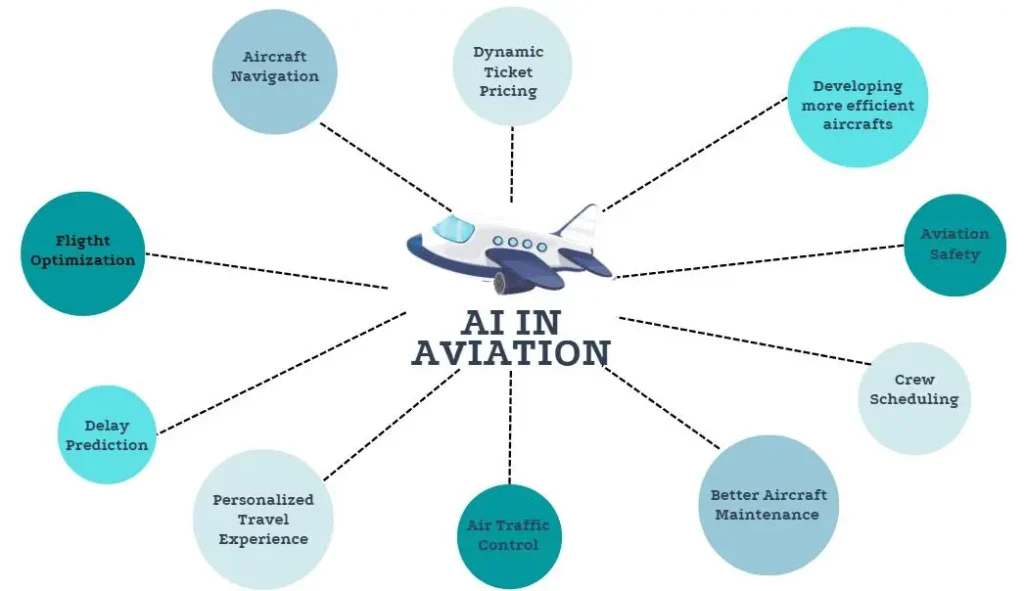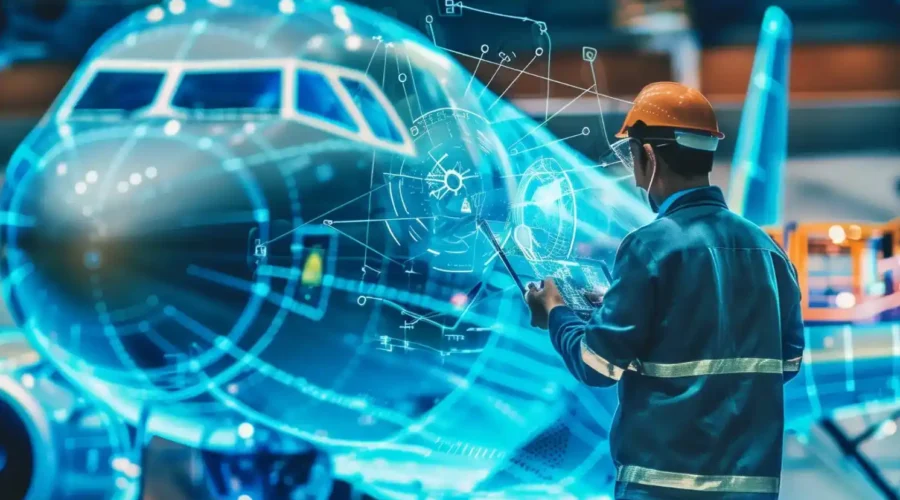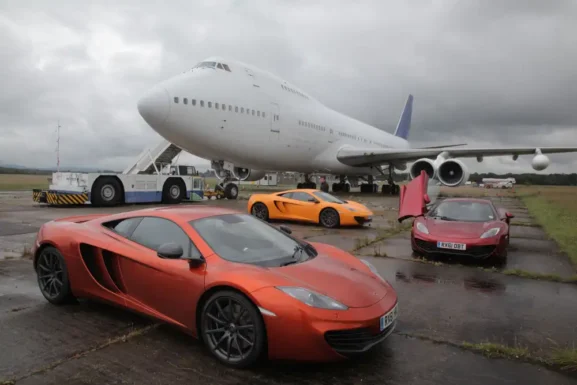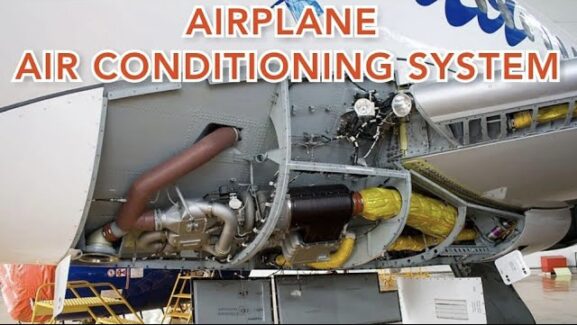AI and Aviation
AI is revolutionizing the aviation industry by enhancing efficiency, safety, and overall passenger experience. In flight operations, AI is advancing autopilot systems and paving the way for autonomous aircraft, potentially leading to pilotless planes in the future. Predictive maintenance is another key area where AI is making an impact, using data to foresee part failures, allowing airlines to minimize downtime and maintenance costs. Air traffic control is becoming more efficient with AI’s ability to optimize flight paths, manage air traffic, and improve safety by predicting and mitigating congestion.
For passengers, AI is transforming the travel experience through chatbots and virtual assistants that provide personalized services and real-time updates. Biometric technologies, like facial recognition, streamline security checks and boarding processes, reducing wait times. AI also plays a crucial role in improving fuel efficiency by analyzing flight data to recommend optimal routes and speeds, helping airlines reduce both costs and emissions.

In terms of safety, AI is enhancing threat detection systems and providing pilots with critical decision support during emergencies. Additionally, AI is used in training pilots through advanced simulators and in designing more efficient, aerodynamic aircraft. Looking ahead, AI will drive innovations like autonomous flying taxis and play a key role in the future of space exploration. Overall, AI is reshaping aviation, making it smarter, safer, and more sustainable.



